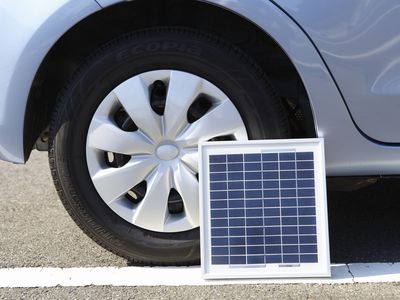
Experiencing Sluggish Mobile Connectivity? Here Are the 7 Main Culprits of Slow Phone Wi-Fi

Experiencing Sluggish Mobile Connectivity? Here Are the 7 Main Culprits of Slow Phone Wi-Fi
Since smartphones are the primary way most people connect to the internet, getting the fastest possible internet speeds on your mobile devices is more important than ever.
But that doesn’t always happen. There are lots of problems that can slow the Wi-Fi speed on your phone down. Let’s take a look at the main reasons why the internet connection is so slow on your phone, and how you can increase your Wi-Fi speed.
Disclaimer: This post includes affiliate links
If you click on a link and make a purchase, I may receive a commission at no extra cost to you.
1. Poor Router Position
One of the main reasons your phone’s Wi-Fi is slow is that you’ve got your router positioned in the wrong place.
Depending on the specs and design of your router, the signal can have a range of up to a few hundred feet. But the further it travels, the slower it gets. The Wi-Fi signal can be blocked by large physical objects, like walls, floors, and doors too.
So if you’re a long distance from the router—like in the furthest bedroom in your house, or even outside—the speeds you get might be a lot slower than you’d expect.
There’s a quick way to test this. The Wi-Fi icon on your phone’s status bar gives you a rough indication of the signal strength.
![]()
- When the icon is full, you’ve got a strong signal. This suggests your slow internet has a different cause.
- When it’s empty, or nearly empty, your signal is weak. Other Wi-Fi devices like your laptop should also be affected at these long distances. When you move closer to your router, your signal strength—and internet speed—should improve.
When the weak signal does improve as you get closer, it shows that your router’s position is the problem. Try experimenting with different router positions to see if you can get better Wi-Fi coverage throughout your home, or take steps to try and extend your router’s range .
If your speed doesn’t improve when you get closer to the router, or if the Wi-Fi is slow on your phone but not other devices, you may have other problems you need to fix.
2. Congested Wi-Fi
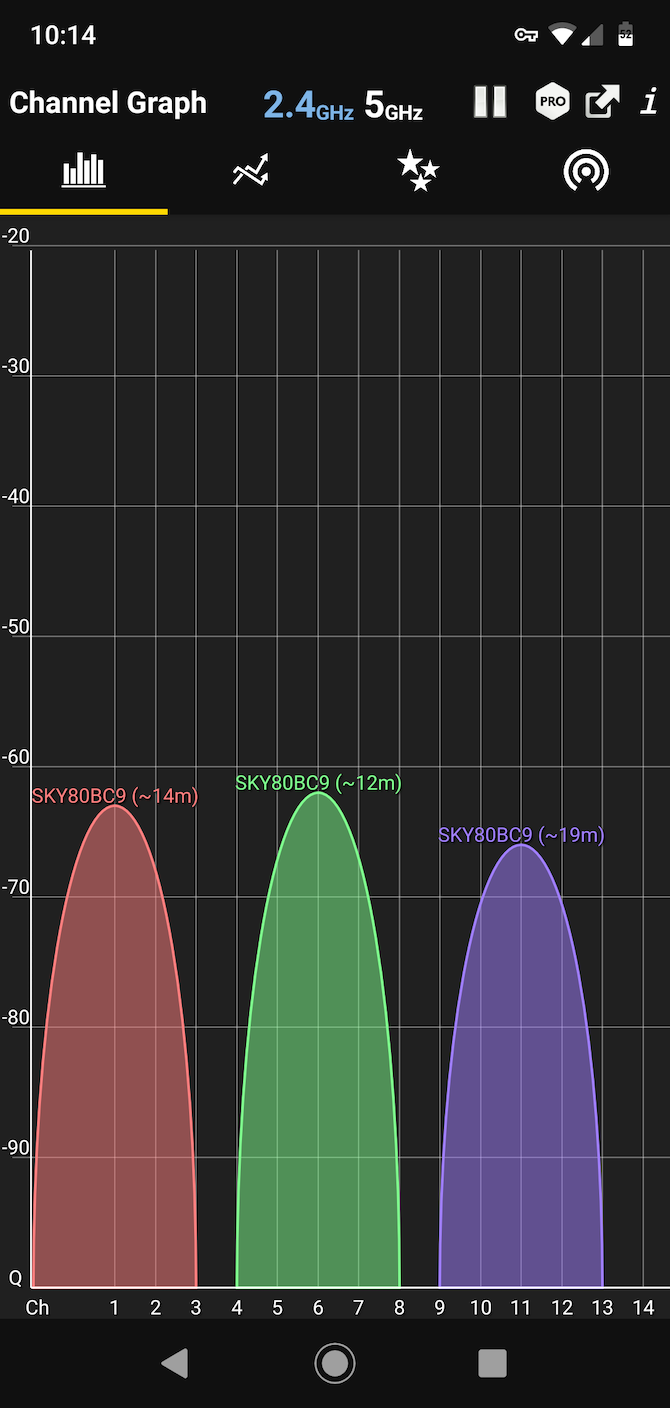
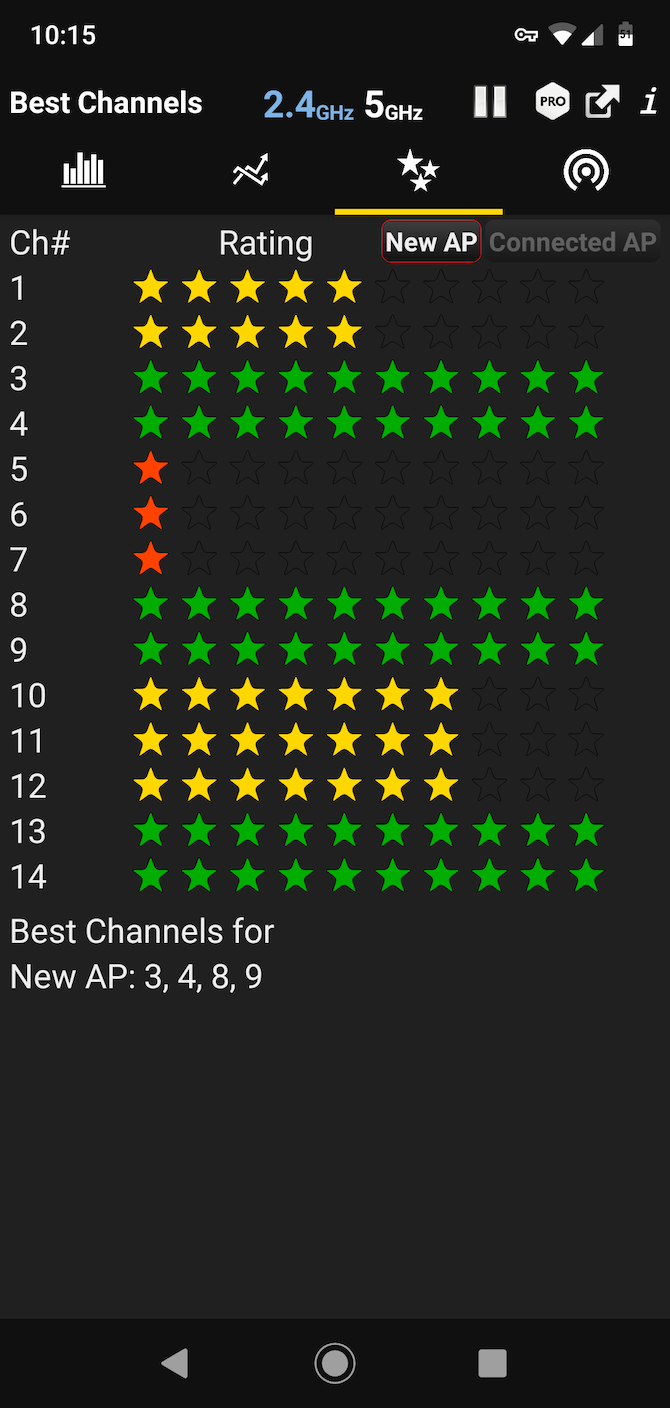
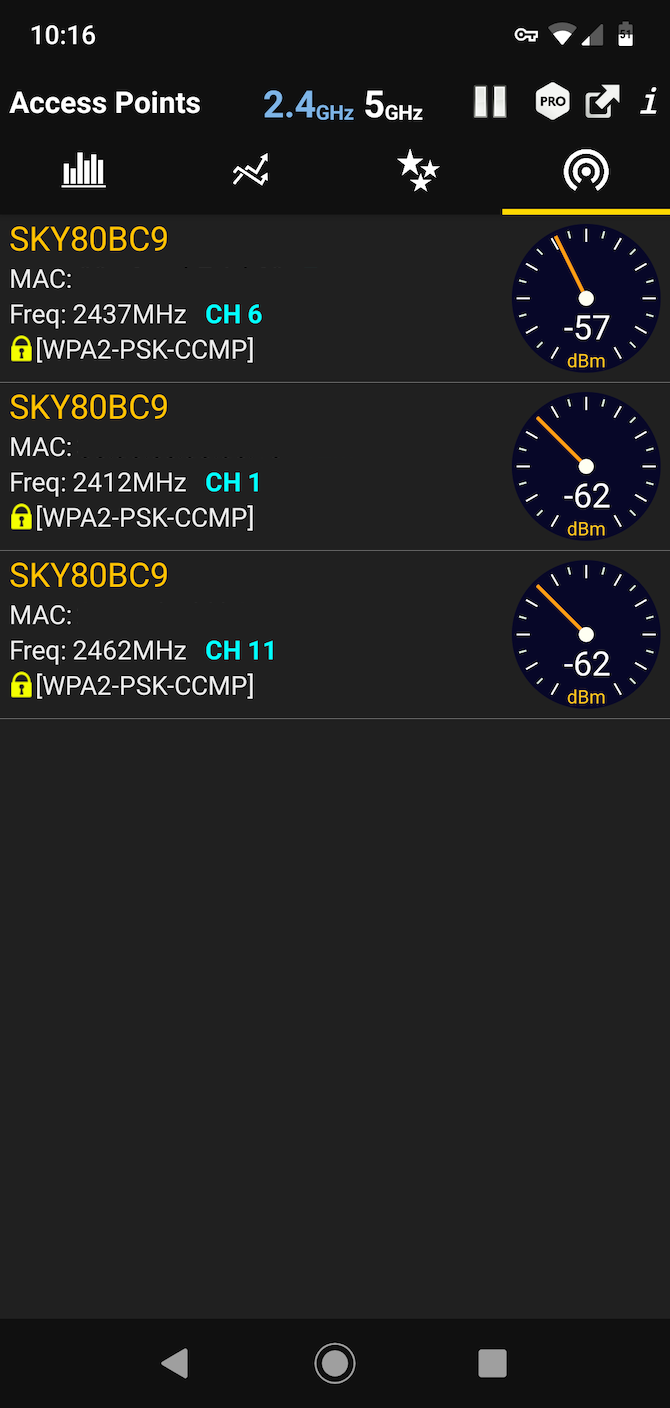
Close
Another router issue that makes your phone’s internet slow is congestion. Routers broadcast their signal on a specified channel, but if your neighbors have their routers set to the same channel, it can become congested and degrade the performance for everyone.
This can be a problem in apartment blocks especially, where you have a lot of routers crammed into a relatively small area.
To fix this, you need to use software that can help you find the best channel for your router . We recommend the Wi-Fi Analyzer app on Android. It’s harder to do on an iPhone, but the old AirPort Utility for iOS still works. Both apps are free.
3. Wi-Fi Noise
As well as interference from other nearby routers, Wi-Fi is also susceptible to noise from appliances in your home. Devices like microwaves, wireless doorbells, and cordless phones can interfere with the signal from a router running on the 2.4GHz band.
Most modern routers can work on both the 2.4GHz and 5GHz bands. The latter is a lot less prone to interference. If you’ve got a fairly recent router that supports this, you can delve into the router’s settings to enable 5GHz broadcasting.
Before you do this, though, you need to make sure all your connected devices—not just your phone—support 5GHz, or they’ll no longer be able to connect. Many modern routers are dual-band, meaning they can broadcast on both bands simultaneously. If you don’t have one of these, you’ll have to choose either one or the other.
If you’re sticking with 2.4GHz, make sure you don’t have any other devices near your router that could cause interference. And prepare for possible disruption if you’re streaming Netflix while standing in the kitchen making microwave popcorn.
4. You’re Connected to a Slow Network

One of the most obvious reasons why the Wi-Fi is slow on your phone is that you’re connected to a slow network.
At home, your speeds will take a hit when other apps and devices are hogging your bandwidth. Streaming movies, downloading video games, or installing operating system updates will all cause a slowdown in your general internet use.
On public Wi-Fi, the speeds you’ll get can vary wildly, and you shouldn’t rely on getting a superfast service from something you aren’t paying for. However, even after checking your expectations, you might still end up getting far worse performance than you could.
There are so many public Wi-Fi hotspots, and your phone is liable to latch onto one of them at random. It’ll often even stay connected after you’ve moved into the range of a closer or better one. This means that while your favorite coffee shop might have fantastic Wi-Fi, there’s no guarantee you’ll connect to it every time.
A good way to work around this is to set the Wi-Fi network priority on Android or iPhone. This forces your device to always connect to one of your chosen networks whenever you’re in range, and only use other free hotspots as a last resort.
5. You’re Using a Slow VPN
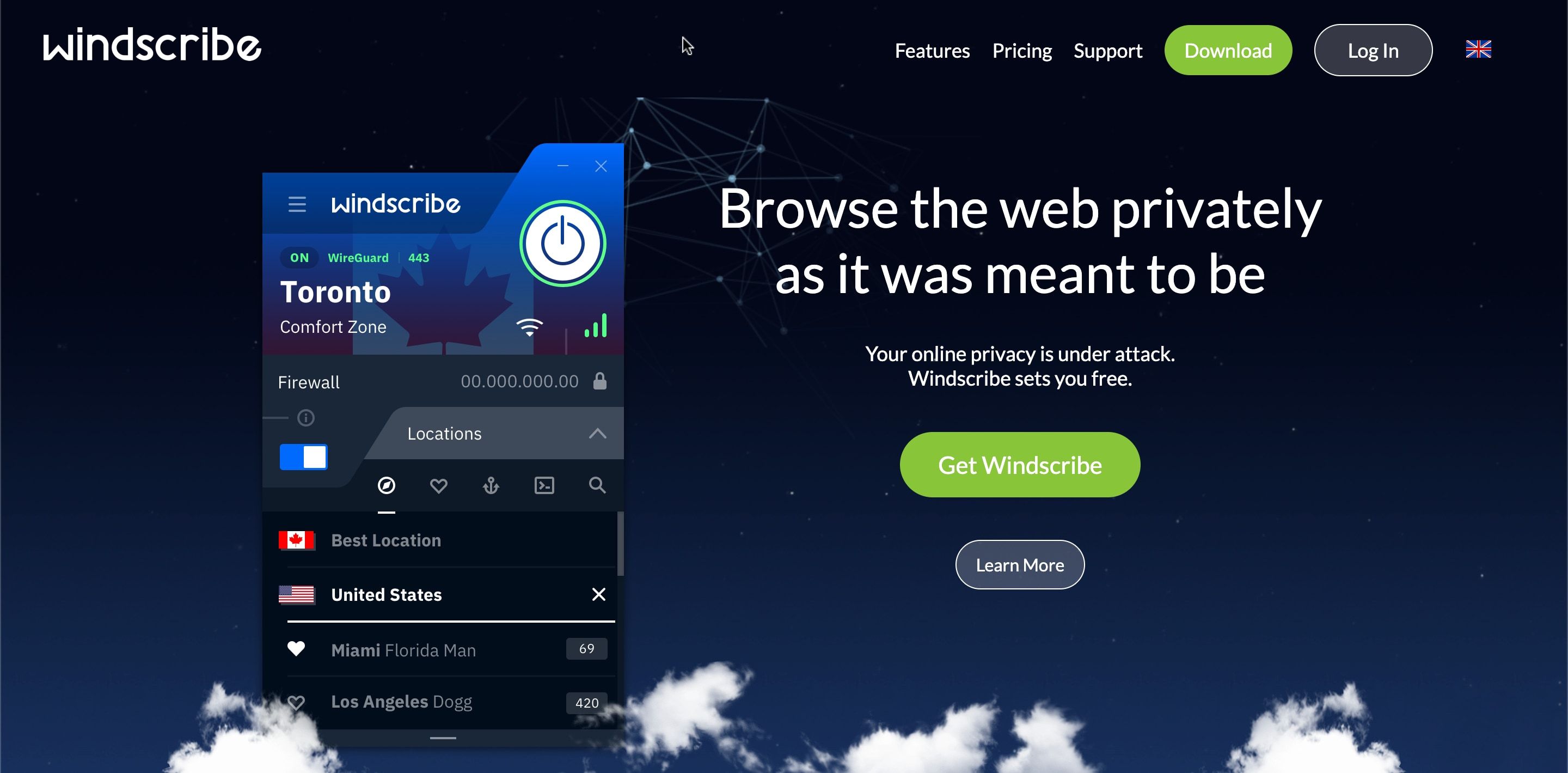
If you’re wondering why your phone internet has become slow all of a sudden, it could be because of a change you made on your phone. One reason for this could be that you’ve started using a VPN, which gives you more security and privacy online.
But did you know that your choice of VPN can have a significant effect on your internet speed?
Free VPN apps are notorious for offering terrible performance. If you’re using one and getting slow internet speeds, try disabling it temporarily to see if that improves your experience.
Most of the fastest VPN providers have apps for iPhone and Android and offer a free trial period so you can test them out. These services should bring you much better speeds than you would get from a free alternative, along with enhanced security and privacy benefits.
6. Poor Mobile Coverage
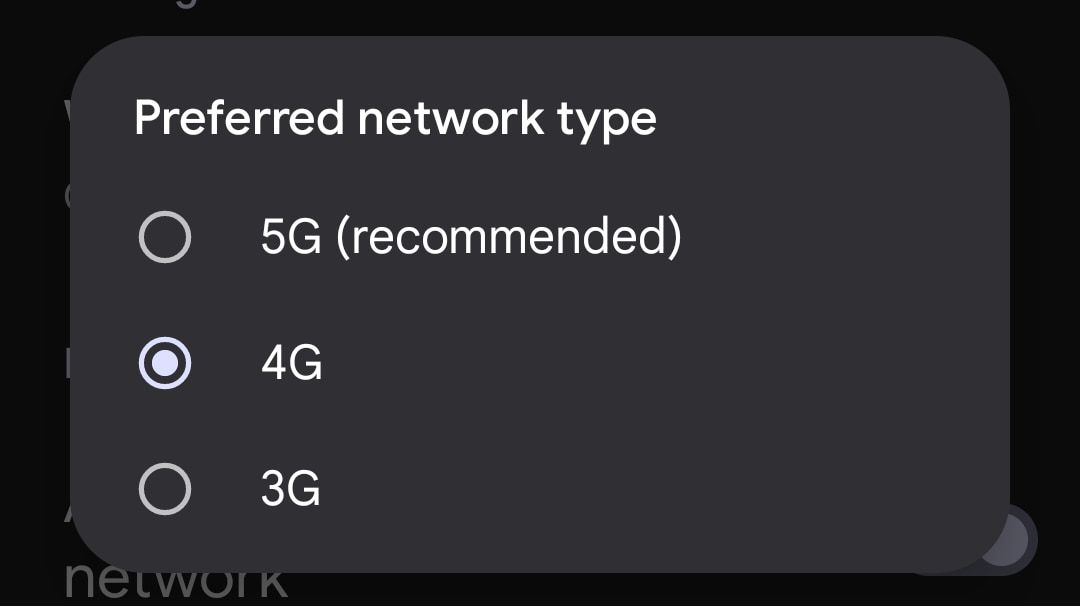
Slow internet on your phone isn’t just about slow Wi-Fi. When you switch to mobile data, you’d expect your connection to be as fast or even faster than Wi-Fi. But this isn’t always true.
There are so many things that can affect your phone signal. You’ll see this manifest often in crowded places, like at a sporting event or concert. When tens of thousands of people are trying to connect to the same cell tower at the same time, performance suffers.
And there are other potential factors, too. Your distance from the nearest tower, whether you’re indoors or outdoors, and even the weather can have an effect.
So you might have a 5G phone, but 5G coverage could be patchy enough that you might not benefit from it. And some of these issues can even cause a 4G phone to fall back to a slower 3G connection; others might leave you with no internet connection at all.
In addition, smaller mobile carriers might have more limited bandwidth, meaning you may never get up to top speed on those. Speak to your carrier if you have ongoing problems. If there’s no solution, it may be time to change to a better provider.
7. Your Phone Is Slow
Finally, slow phone internet might just be a sign of a slow phone. Your Wi-Fi connection may be great, your mobile data coverage perfect, and you’re on a fast network. But maybe your phone just can’t keep up with what you’re asking it to do.
The resource requirements of apps and websites creep up all the time. So even when your actual internet speed is good, you might still perceive it to be slow. The phone’s hardware might be taking its time rendering a webpage, for example, or struggling to handle the graphics in an online game.
You can see this on older phones and lower-end Android phones especially. But even if you’ve got an up-to-date, high-end device, your choice of apps can still have an impact. Too many apps downloading and syncing in the background can hog too much of your available bandwidth.
Older or poorly written apps can make your phone slow generally. Make sure to keep your apps up to date,uninstall apps that you don’t use , and keep an eye on which are allowed to run in the background. And in extreme cases, it might even be time to consider whether it’s worth buying a new smartphone .
Why Is My Phone’s Internet So Slow? Now You Understand
As you can see, there are lots of reasons why the internet is slow on your phone. Fortunately, most of them are easy to fix. They’re often caused by issues with your hardware, so you may need to make tweaks on your router to resolve the problem for your other devices too.
Also read:
- [New] Ideal Matches Top 8 Stability Tools for 4K Cameras
- [New] In 2024, Investment Alert Avoid the Trap of Artificial YouTube Engagement
- 3 Easy Solutions to Hard Reset Asus ROG Phone 8 | Dr.fone
- Effective Remedies When Windows Explorer Frequently Fails - Uncover Secrets!
- From Studio to Screen Uploading Melodies Online for 2024
- In 2024, Above the Mainstage Significant YouTube Meetings
- In 2024, Why Does iTools Virtual Location Not Work For Apple iPhone 13 Pro/iPad? Solved | Dr.fone
- Lockdown: Keep Windows' Clock Unaltered
- No Charges? Yes to Superior, Free WebM Player Selections
- The Essential YouTube Beauty Guides You Can't Miss for 2024
- Title: Experiencing Sluggish Mobile Connectivity? Here Are the 7 Main Culprits of Slow Phone Wi-Fi
- Author: Timothy
- Created at : 2024-10-08 20:58:33
- Updated at : 2024-10-09 19:42:28
- Link: https://youtube-docs.techidaily.com/experiencing-sluggish-mobile-connectivity-here-are-the-7-main-culprits-of-slow-phone-wi-fi/
- License: This work is licensed under CC BY-NC-SA 4.0.